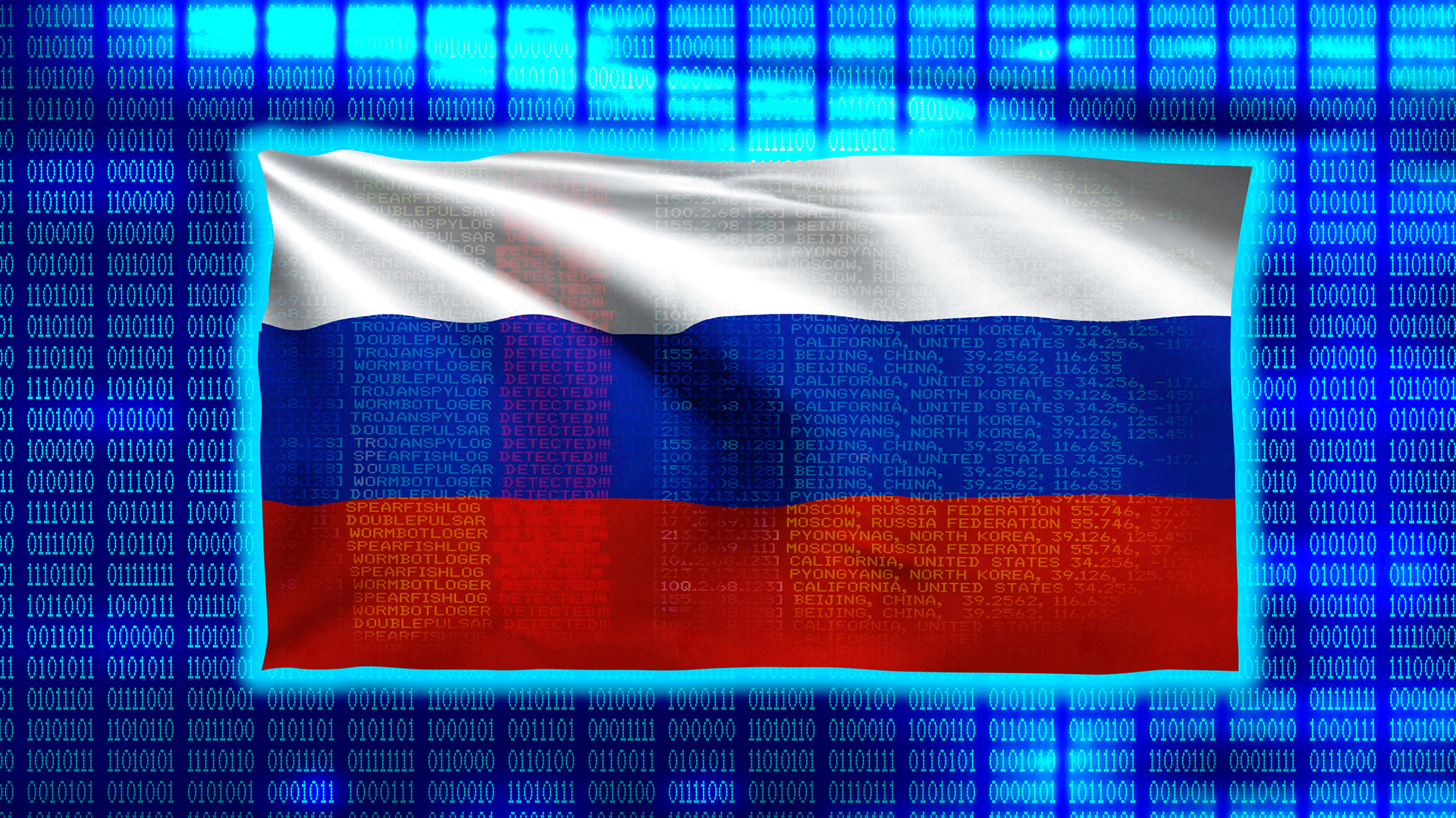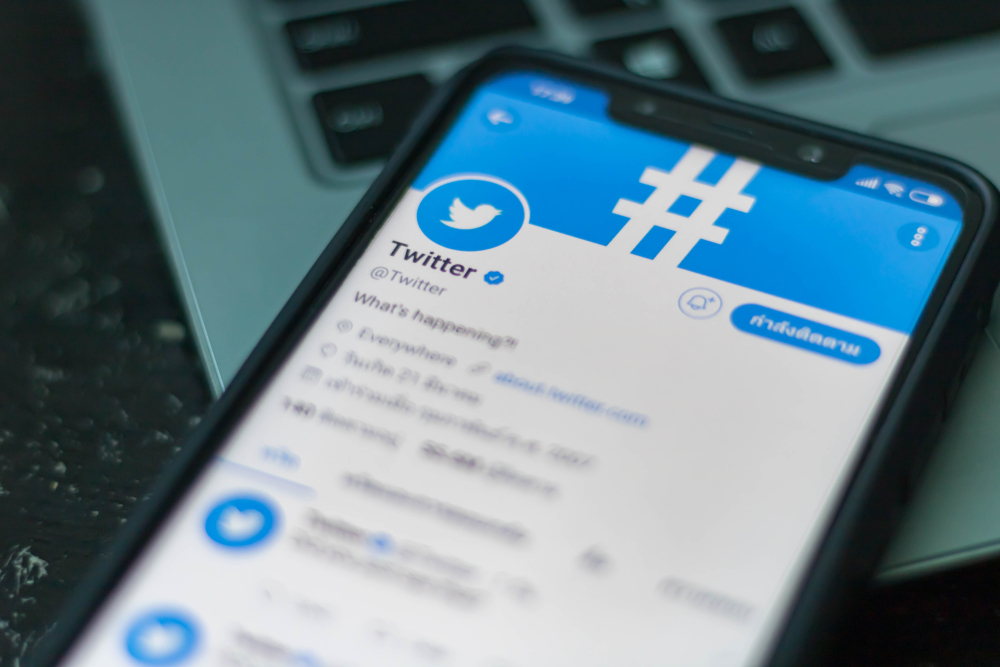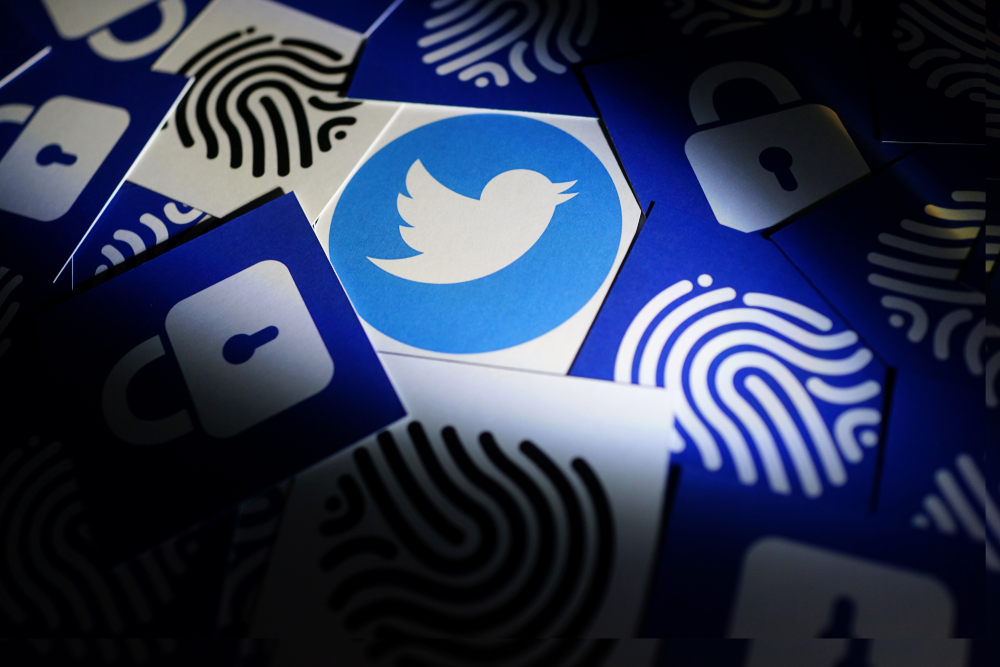Year in Review: Security in 2009
We look back at the top security issues of 2009, including Conficker and more.


Sign up today and you will receive a free copy of our Future Focus 2025 report - the leading guidance on AI, cybersecurity and other IT challenges as per 700+ senior executives
You are now subscribed
Your newsletter sign-up was successful
Security is always a big issue in IT, and 2009 was no different, with Conficker attacking, the Heartland data breach breaking records, and more.
Conficker attacks
One of the biggest stories in IT security this year was Conficker. Also known as Kido or Downadup, the worm had infected nine million PCs by January leading Microsoft to offer up a $250,000 bounty for information on those responsible for its creation.
It managed to take down PCs at hospitals, the House of Commons and even the Ministry of Defence, and everyone got really nervous when a counter in the worm suggested something big was to happen on 1 April. The worm tried to link up to something, and eventually connected to the Waledec botnet.
While security measures helped calm things over the summer, it started to re-emerge as a threat in September, taking down systems at Oxford Brooks University.
Heartland data breach
In January, a massive breach at data processor Heartland exposed banking details of as many as 100 million card transactions. Considered the largest data breach of all time, the Heartland incident was even bigger than the TJX attack in 2008, which saw one of the gang members sentenced to 30 years by a Turkish court back in January.
Sign up today and you will receive a free copy of our Future Focus 2025 report - the leading guidance on AI, cybersecurity and other IT challenges as per 700+ senior executives
Heartland was dropped from the PCI compliance list and hit with a whopping $12.6 million bill for costs.
Smartphone threat
Security woes spread to smartphones this year, as the popularity of handsets like the iPhone continued to skyrocket.
Social networking attacks
In August, Twitter was taken offline - but it wasn't just a case of the fail whale wanting a bit of attention.
No, in this case it was a denial of service attack, which also hit Facebook and other sites and was apparently targeted at one Georgian blogger by Russian hackers.
Most worm attacks against such social networking sites weren't so dramatic, but just as much of an issue. Twitter was hit by worms over the Easter weekend, while spam sent via Tweets and hidden using link shorteners took off.
Other big stories
This year, the US and Korea were hit "hacktivists" - hackers looking to make a political point.
Adobe had problems with PDFs, with a series of flaws leading the firm to mimic Microsoft's regular patching cycle.
Freelance journalist Nicole Kobie first started writing for ITPro in 2007, with bylines in New Scientist, Wired, PC Pro and many more.
Nicole the author of a book about the history of technology, The Long History of the Future.
-
 Russian DDoS: what’s the threat to businesses?
Russian DDoS: what’s the threat to businesses?In-depth The UK National Cyber Security Centre (NCSC) has issued a warning that Russian-aligned hacktivist groups are targeting organizations
-
 How vendor consolidization is reshaping partner strategy in 2026
How vendor consolidization is reshaping partner strategy in 2026Industry Insights Vendor consolidation shifts renewal conversations upstream for partners in 2026
-
 Warning issued over “incomplete” fix for Adobe ColdFusion vulnerability
Warning issued over “incomplete” fix for Adobe ColdFusion vulnerabilityNews An incomplete fix for a vulnerability disclosure could be placing users at risk, researchers warned
-
 Twitter API keys found leaked in over 3,200 apps, raising concerns for linked accounts
Twitter API keys found leaked in over 3,200 apps, raising concerns for linked accountsNews Business and verified Twitter accounts linked to affected apps are at risk of takeover, use in malicious campaigns
-
 Adobe forced to patch its own failed security update
Adobe forced to patch its own failed security updateNews Company issues new fix for e-commerce vulnerability after researchers bypass the original update
-
 Ask more from your CMS
Ask more from your CMSWhitepaper How to get the most value in the shortest timespan
-
 Adobe battles fake photos with editing tags
Adobe battles fake photos with editing tagsNews Photoshop will include new tagging tools later this year to help fight against misinformation and deep fakes
-
 The Twitter hack, and why we need a better class of criminal
The Twitter hack, and why we need a better class of criminalOpinion The bitcoin scammers’ biggest crime isn’t fraud - it’s lack of imagination
-
 Adobe Photoshop Elements 2019 review: Trapped in the photo-editing middle ground
Adobe Photoshop Elements 2019 review: Trapped in the photo-editing middle groundReviews A once peerless beginner’s photo-editing package that’s past its prime
-
 Media and telco consortium calls for social media regulation
Media and telco consortium calls for social media regulationNews Companies including Channel 4, BT and the BBC urge the government to place firms like Facebook under greater oversight
